Wealth often feels like an illusion in the desert—always shimmering just out of reach. I find myself wondering if the journey for more ever really satisfies our deeper needs. While some equate financial success with happiness, I can't help but question if true fulfillment lies elsewhere. As I reflect on this, I'm struck by how personal experiences shape our understanding of "enough." What if the answer isn't about accumulating more, but rather redefining what wealth truly means for each of us?
Key Takeaways
- Wealth can provide comfort, but true fulfillment often stems from personal goals and relationships rather than mere accumulation of money.
- Financial freedom is achieved through building assets and passive income, not just through high income.
- A mindset focused on financial goals and wise investments can lead to greater satisfaction than chasing wealth alone.
- A supportive community enhances financial literacy and helps individuals prioritize meaningful wealth over excessive accumulation.
- Ultimately, the concept of "enough" wealth varies by individual values, lifestyle choices, and personal aspirations.
The High Income Dilemma

While many people believe that hard work and education will guarantee financial success, I've learned that a high income can sometimes lead to complacency.
You see, when I started earning more, I thought I'd made it, but that mindset can trap you. Income complacency creeps in, and suddenly, you're stuck in a cycle of working harder without real growth.
It's easy to fall into lifestyle burnout, where you're chasing the next paycheck instead of enjoying your life.
I realized that working harder doesn't always equate to achieving true financial freedom. Instead, I began focusing on my financial goals, seeking clarity, and investing wisely.
It concerns breaking free from the "golden hamster wheel" and finding fulfillment beyond just a paycheck.
Path to Financial Freedom
Achieving financial freedom starts with a shift in mindset from earning income to building assets.
I realized that true wealth comes from generating passive income, not just a paycheck. By focusing on investment strategies that align with my values, I began to change my financial landscape.
Instead of working harder, I learned to let my money work for me, investing in tangible assets like real estate and businesses. This shift not only provided cash flow but also offered a sense of security I hadn't felt before.
It's crucial to understand that net worth isn't just regarding income; it's regarding cash flow. Embracing this mindset enabled me to take control of my financial future, paving the way toward enduring freedom.
Importance of Financial Planning

Having shifted my focus from earning income to building assets, I quickly learned that financial planning plays a vital role in achieving enduring wealth.
It's not just centered on making money; it's focused on having a clear roadmap for reaching your financial goals. When I started outlining my investment strategies, I realized how essential it was to be organized and intentional.
Without a structured plan, it's easy to miss opportunities and drift off course. I've found that knowing where I want to go makes it simpler to choose the right investments.
Overcoming Financial Fears
Even though financial fears can feel overwhelming, facing them head-on is vital for my path toward financial freedom.
I've learned that acknowledging my financial anxiety is the initial step in effective fear management. Instead of letting uncertainty paralyze me, I take immediate action, whether it's creating a budget or diving into investment education.
Each small step enables me, helping to demystify the financial landscape. I focus on understanding my financial goals and aligning my investments with them, converting fear into motivation.
It's essential to remember that knowledge is power; the more I educate myself, the less I fear. By confronting these fears, I'm not just surviving—I'm thriving, paving the way for a more secure financial future.
Building a Supportive Community

While I navigate my financial path, I've realized the immense value of building a supportive community. Surrounding myself with like-minded individuals has changed my approach to financial literacy and community engagement.
When we share our experiences and insights, we learn from one another, uncovering strategies we mightn't have considered alone. This support system encourages open conversations about money, helping to demystify complex topics and alleviate fears.
As we engage actively, we nurture an environment where everyone feels enabled to grow financially, making informed decisions together. By prioritizing community, we create a collective strength that not only enhances our knowledge but also motivates us to pursue our financial goals with confidence.
Building this community has been invaluable for my experience.
Resources for Wealth Growth
As I explore resources for wealth growth, I've discovered that having access to the right tools can greatly influence my financial path.
Investment strategies are essential; they help me understand where to put my money for the best returns. I've learned that asset diversification is equally important—spreading my investments across different sectors reduces risk and stabilizes my returns.
I often schedule calls with financial advisors to discuss personalized strategies and keep myself updated on market trends. Free reports and retirement scorecards provide insights that benchmark my progress against peers, making it easier to identify areas for improvement.
Engaging with a supportive community fuels my knowledge, enabling me to take charge of my financial future confidently.
Frequently Asked Questions
How Do I Define "Enough" Wealth for Myself?
To define "enough" wealth for myself, I align it with my personal values and financial goals. It concerns achieving security, freedom, and the ability to enjoy life without constant worry about money.
What Are the Psychological Effects of Wealth Accumulation?
When I saw a wealthy friend struggle with anxiety despite their riches, I realized wealth perception doesn't guarantee happiness. The correlation between wealth and happiness often fades once basic needs are comfortably met.
Can Wealth Lead to Isolation From Others?
I've noticed how wealth can sometimes lead to social disconnection. This loneliness paradox shows that despite financial success, many feel isolated. It's essential to nurture connections and prioritize relationships over mere accumulation of wealth.
How Does Wealth Impact Family Dynamics and Relationships?
I've noticed how wealth influences family cohesion. Sometimes, it brings us together, but other times, it creates distance. I believe open communication about finances can strengthen our bonds and nurture healthier relationships within the family.
What Ethical Considerations Arise With Wealth Accumulation?
When I think about ethical implications of wealth accumulation, I consider wealth disparity and the moral dilemmas it creates. It's essential for me to accept social responsibility and guarantee my success benefits others, too.
Conclusion
In the end, the question of whether there's ever enough wealth comes down to how we define "enough." Like an illusion, the pursuit of endless riches can leave us chasing shadows instead of finding fulfillment. True wealth isn't just in what you have but in how you use it to enrich your life and the lives of others. So, focus on meaningful goals, build connections, and remember that true contentment is often found in experiences, not just assets.


